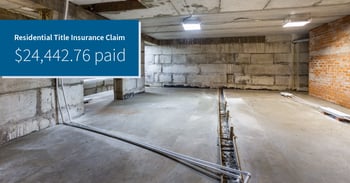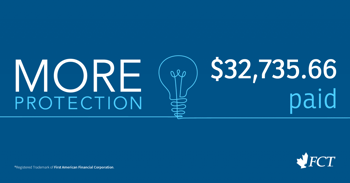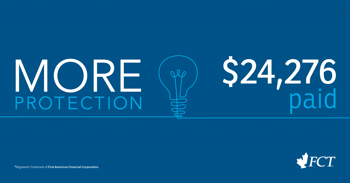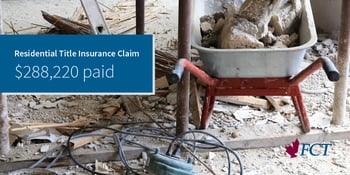
You finally found your dream home and your offer was accepted. Congratulations! While this is a huge achievement, it’s not time to start celebrating yet. During the closing process, there are a number of unexpected issues that can come up and delay or stop the purchase.
Here’s a checklist that will help you cross the finish line successfully:
- Don’t start spending big: Now that you’ve secured funding for your house, you might think that it’s time to start buying furniture or items for your new home. Try not to spend large sums of money, whether cash or credit, as it will affect your standing with the lender. Your financial status will be checked a few days prior to closing and any major changes from your initial evaluation will need to be reassessed to ensure you still have the ability to pay off your mortgage.
- Be wary of changing jobs: While it might seem like a great idea to take a higher paying job before your closing date, it may affect your lender’s decision to close as scheduled. They may want a few months of pay stubs from your new position to prove that you have stable income. While it may not be a deal breaker for your lender, it may delay the closing date.
- Provide documents on time: Your closing date can be anywhere from 30-90 days after signing the agreement of purchase and sale. You do have some time to provide your mortgage broker and lawyer or notary with the documents that they require, but don’t delay! The sooner you provide all the paperwork necessary, the sooner your team will be able to handle any unexpected findings or issues that may arise.
- Don’t skip the home inspection: While presenting an unconditional offer may win you the home of your dreams, it can also end up costing you more than you expected. If you’re mortgaged to the max, you can’t afford surprises like repairs or replacements that you haven’t already budgeted for.
- Keep extra funds on hand: Buyers often put as much money as they can into their down payment. However, you should always keep extra money on hand to prepare for closing costs like land transfer fees, legal fees and any bills the sellers may have prepaid, such as property taxes or utilities. You may also need to put down a larger down payment if the lender appraisal values your house at a lower price than you paid for it.
- Protect yourself with title insurance: Make sure you’re protected from title fraud and other issues by asking your lawyer or notary to purchase title insurance for you. It allows you to close faster, even in the absence of a survey, and provides gap coverage as well as protects you from paying liens or debts the previous owners left behind.

























-min.jpg?width=350&height=216&name=title-fraud-homeowner-protection-blog%20(1)-min.jpg)

-min-1.jpg?width=350&height=216&name=home-theft-tile-fraud-toronto-blog%20(3)-min-1.jpg)
.jpg?width=350&height=216&name=title-insurance-bc-alberta-homeowners-blog%20(1).jpg)










-min.jpg?width=350&height=216&name=BC-parking-claim-blog%20(1)-min.jpg)




-min.jpg?width=350&height=216&name=PropTalk-what-every-home-owner-needs-to-know-Blog%20(2)-min.jpg)












-min.jpg?width=350&height=216&name=June-28th-Were-so-Canadian2%20(1)-min.jpg)







-min.jpg?width=350&height=216&name=Blog-French-FCT-Real-Estate-Fraud_v2%20(1)-min.jpg)
